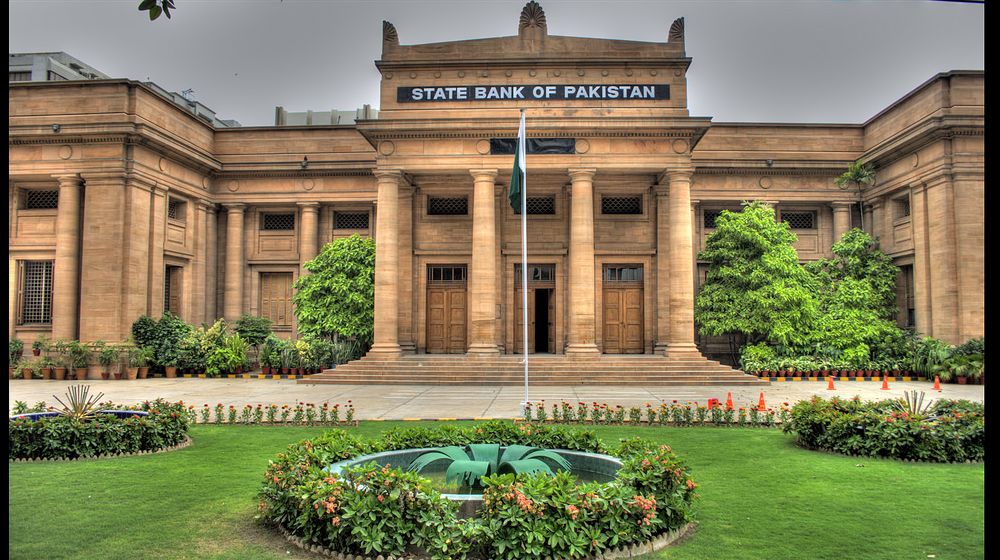State Bank of Pakistan (SBP) has updated the credit ratings of 50 commercial banks, microfinance banks, and Development Finance Institutions operating in Pakistan.
According to the details, the credit ratings have been classified in seven segments including public sector banks, specialized and private banks, Islamic Banks, foreign banks, DFIs, and microfinance banks.
Among public sector banks, there are five banks such as National Bank of Pakistan, Sindh Bank and Bank of Punjab.
ALSO READ
SBP Releases Branch Codes For Issuance of Fresh Currency Notes for 2018
There are two specialized banks including SME Bank and Zarai Taraqiati Bank.
- Commercial Banks include Silk Bank, Askari Bank, JS Bank, Allied Bank, Habib Bank, United Bank, and etc.
- Islamic Banks include Meezan Bank, BankIslami, Dubai Islamic Bank, and etc.
- Foreign Banks include Citibank, Deutsche Bank, and etc,.
- DFIs include House Building Finance Company, Pak Kuwait Investment Bank, Pakistan Oman Investment Bank, etc.
- Microfinance Banks including U Microfinance Bank, Telenor Microfinance Bank, Mobilink Microfinance Bank, and etc.
There are two certified credit rating agencies in Pakistan—PACRA and JCR-VIS – that issue rating to local banks. Ratings of foreign banks are issued by Moody, Standard and Poor’s, and Fitch.
The credit ratings of all banks and DFIs could be viewed here in detail.
What is Credit Rating?
A credit rating is an evaluation of the credit risk of a prospective debtor (a bank, a DFI, company or a government), predicting their ability to pay back the debt, and an implicit forecast of the likelihood of the debtor defaulting. Credit ratings for borrowers are based on substantial due diligence conducted by the rating agencies.
While a borrowing entity will strive to have the highest possible credit rating since it has a major impact on interest rates charged by lenders, the rating agencies must take a balanced and objective view of the borrower’s financial situation and capacity to service/repay the debt.
A credit rating not only determines whether or not a borrower will be approved for a loan, but also determines the interest rate at which the loan will need to be repaid. Since companies depend on loans for many start-ups and other expenses, being denied a loan could spell disaster, and a high interest rate is much more difficult to pay back.
Credit ratings also play a large role for a potential investor to determine whether or not to purchase bonds. A poor credit rating is a risky investment; it indicates a larger probability that the company will be unable to make its bond payments



























Current credit ratings of commercial banks and financial institutions is not available on the site